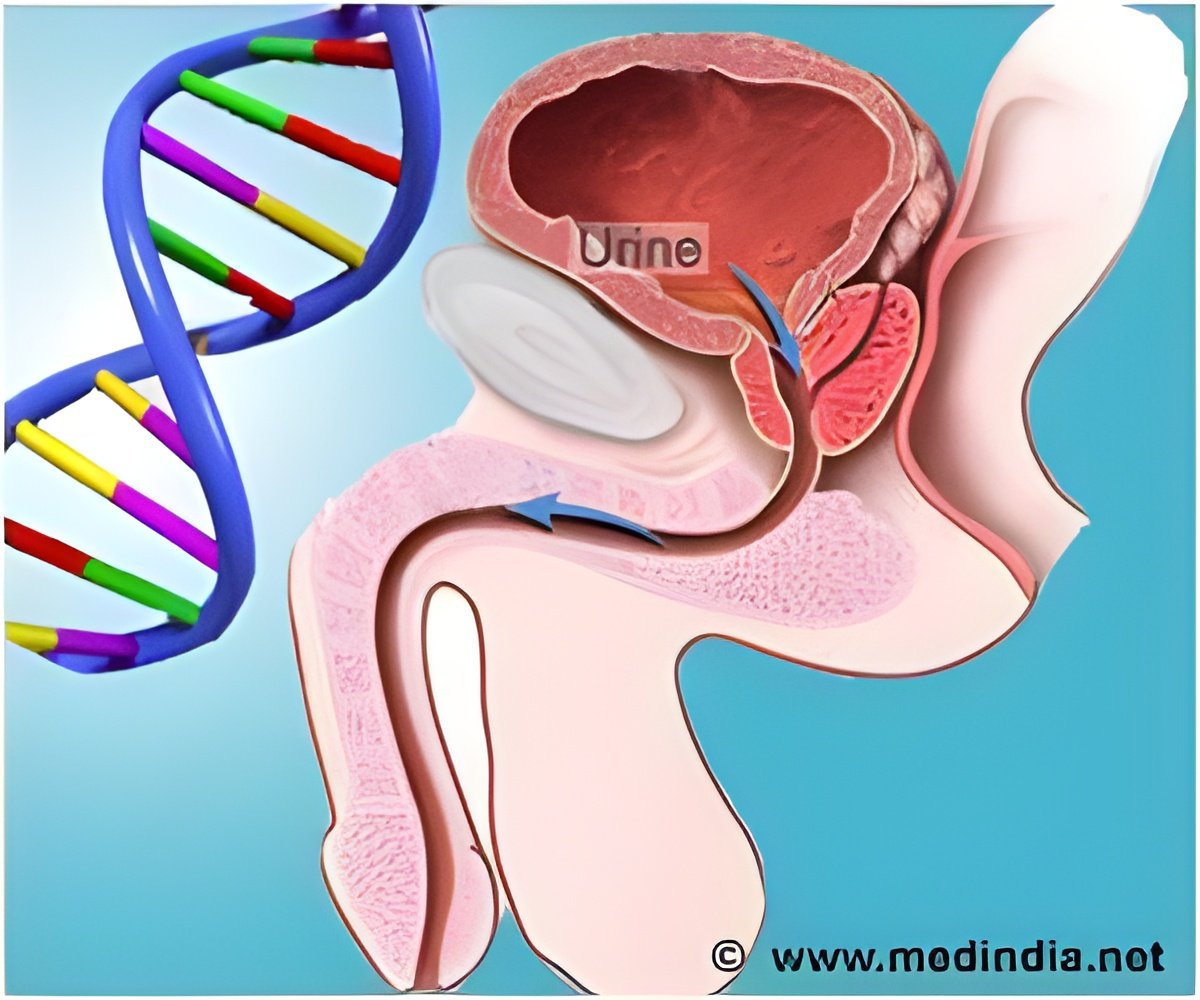Around 23 new genetic variants that could raise a man's risk for prostate cancer have been identified by scientists.

The team compared the scanned genome regions of prostate cancer patients with prostate cancer-free men to find the 23 new SNPs they now link to prostate cancer. Together with 76 previously discovered SNPs, the variants account for one-third of the inherited risk for prostate cancers in men of European descent. Because the variants are inherited commonly among populations, they could appear in men with little or no family history of prostate cancer.
Alan Partin, Ph.D., said that inheriting any single one of these genetic variants has only a small effect of prostate cancer risk, however, a subset of men would inherit many of these variants, putting them at substantially increase risk for the disease, from three to six times the population average and men with these risk levels might benefit from disease screening at earlier ages.
Isaacs suggested that the identification of prostate cancer-related SNPS could serve as a molecular family history to enable better screening guidelines and therapies.
The study is published online in Nature Genetics.
Source-ANI









![Prostate Specific Antigen [PSA] Prostate Specific Antigen [PSA]](https://www.medindia.net/images/common/patientinfo/120_100/prostate-specific-antigen.jpg)




